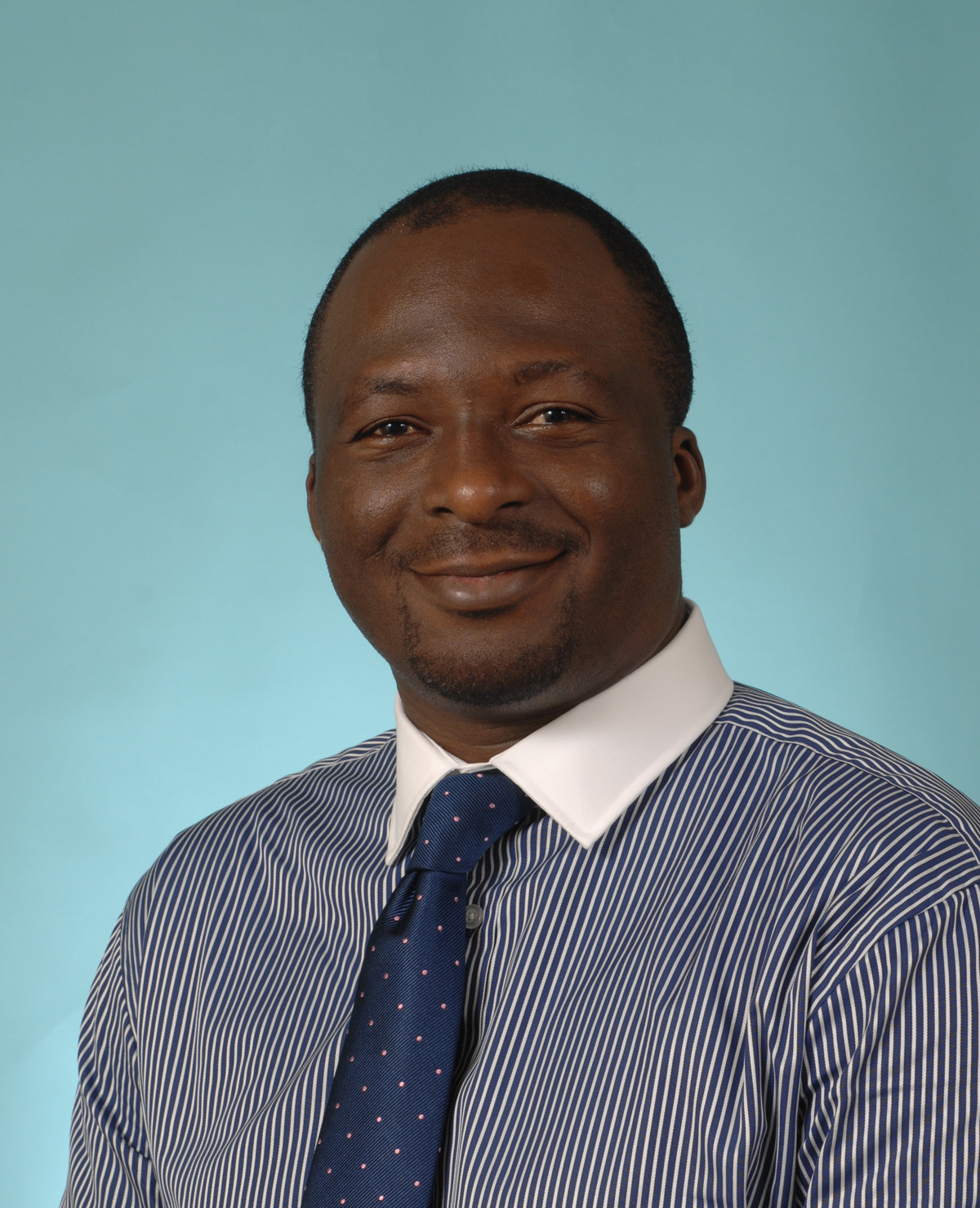
Statistics on breast cancer are staggering and to find breakthrough treatments, researchers need the help of participants who are willing to volunteer for clinical trials.
One in eight women will be diagnosed with breast cancer in her lifetime, and about 25% of new breast cancer cases are in pre-menopausal women. Black women have a higher risk of death from breast cancer than white women.

Advances in preventing or treating breast cancer have been a result of clinical trials. Adetunji T. Toriola, MD, PhD leads the Toriola Lab at Washington University. He is the principal investigator of a clinical study funded by a $3 million grant from the National Cancer Institute (NCI) of the National Institutes of Health (NIH).
A professor of surgery in the Division of Public Health Sciences, Dr. Toriola and his team are working to identify whether the drug denosumab, approved by the Food and Drug Administration (FDA) to treat osteoporosis, could be used to reduce dense breasts and ultimately for breast cancer prevention in premenopausal women who have dense breasts.
What led you to work in the field of research?
My research has focused on preventing breast cancer in premenopausal women because of the rising incidence of breast cancer in premenopausal women. I love research because it is a systematic approach to understanding who gets a disease, why they do, and how we can prevent, treat, or cure a disease. For instance, the fantastic advances we have made in the last decade in reducing deaths from breast cancer and improving the quality of life for people living with breast cancer would not have been possible without the discoveries from research.
How is this clinical trial different from other breast cancer studies?
This is a unique clinical trial because it is a chemoprevention trial focused on trying to understand how we can prevent breast cancer in premenopausal women who have dense breasts. Currently, almost 25% of breast cancer cases are diagnosed in premenopausal women and except in high-risk women, screening starts later in life, thus, a large proportion of breast cancer cases in younger women are missed and breast cancer in younger women is more deadly.
Who is the ideal candidate?
To be eligible for this study, women must be:
- Premenopausal
- Aged >40 years
- Have dense breasts. This is determined from their most recent mammogram exam.
What can women expect throughout the trial process?
Study participants will be involved in the study for 12 months. Participants will:
- Continue their routine mammograms at baseline (start of the study), 12 months, and 24 months (allowing the study team access to their mammogram images)
- Complete a urine pregnancy test at baseline and six months, prior to receiving denosumab/placebo
- Complete a short survey
- Have blood draw (about 2 tablespoons) at the first study visit, six months, and at 12 months
- Receive a breast biopsy, performed by a WashU breast radiologist, at the first study visit and at 12 months
- Receive an injection of denosumab or placebo underneath the skin in the upper arm at the first study visit and at six months
- Take calcium and vitamin D supplements provided by the research team for one year after the first injection of denosumab or placebo
What are the risks and/or side effects or expected challenges?
The most common risk is low blood calcium level, and to prevent this, the study team will provide study participants with calcium and vitamin D supplements for the duration of the study at no cost to participants. The most serious risk is jawbone problem. This is very rare and resolves once the drug is stopped but may require treatment in extremely rare cases. Some people are more susceptible to this jawbone problem, and we do our best to ensure they do not participate in the study. We will ask potential participants certain questions to determine if there is a risk that they might develop this rare side effect while using the drug. We will not enroll participants in the study if we determine that they are at risk of developing this side effect. There may also be pain or discomfort at the sites of the blood draw and breast biopsy.
What do you hope to accomplish from this clinical trial?
Our goal is to determine whether women who are given denosumab have reductions in breast density at 12 months compared to women who are given placebo. Findings from this clinical trial could lead to a new approach at preventing breast cancer in high-risk premenopausal women with dense breasts who are not BRCA mutation carriers.
What is the process to join the study?
Interested participants can contact our study team to determine whether they are eligible. Study contact details are:
- Study email: ranklstudy@wustl.edu
- Study coordinator
- Alena Ahrens:
- Phone: (314) 286-2779
- Email: alena@wustl.edu
- Alena Ahrens:
Dr. Toriola can be reached at (314) 286-2668
